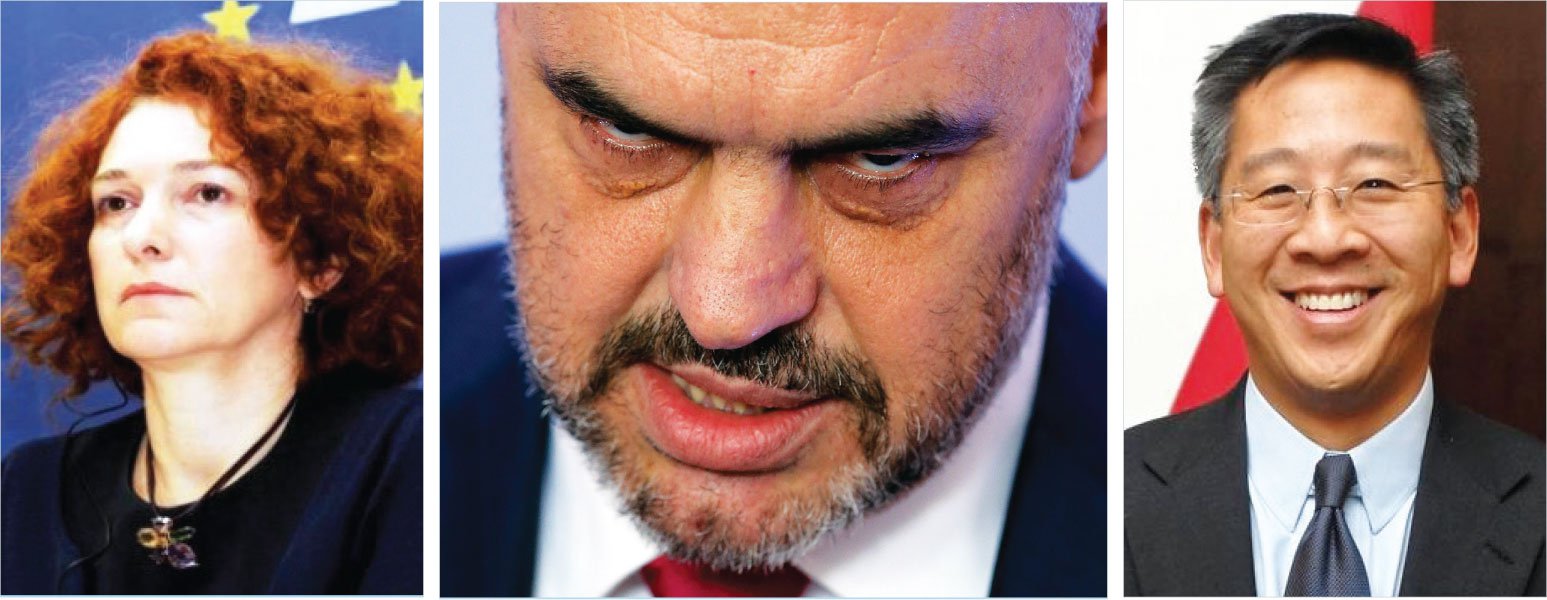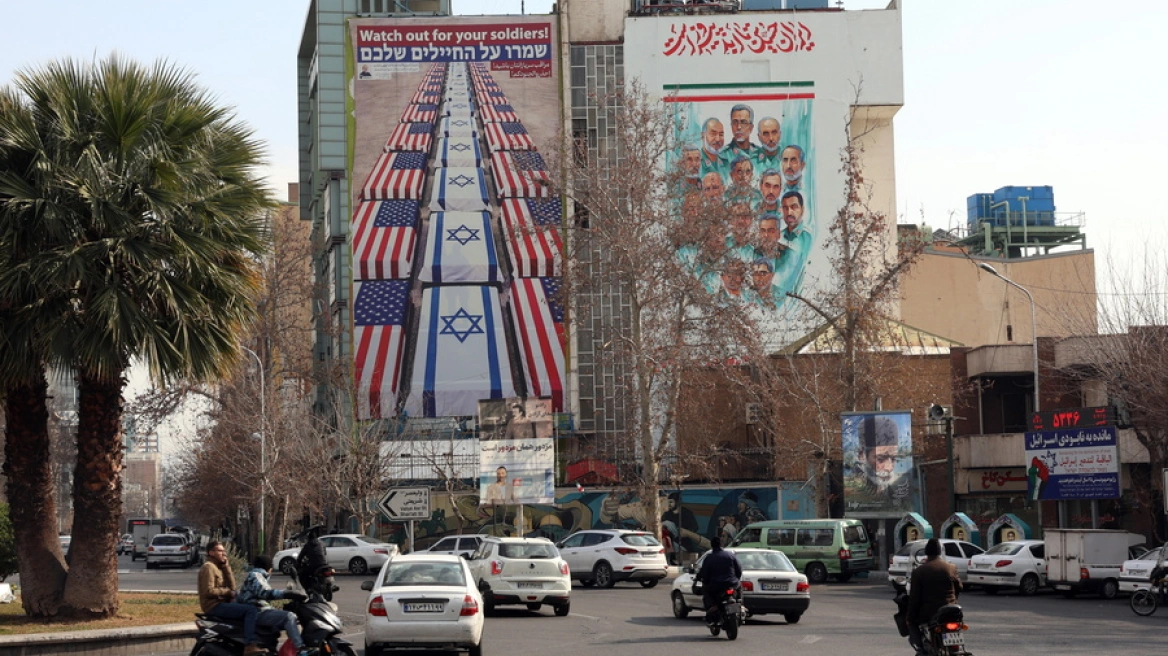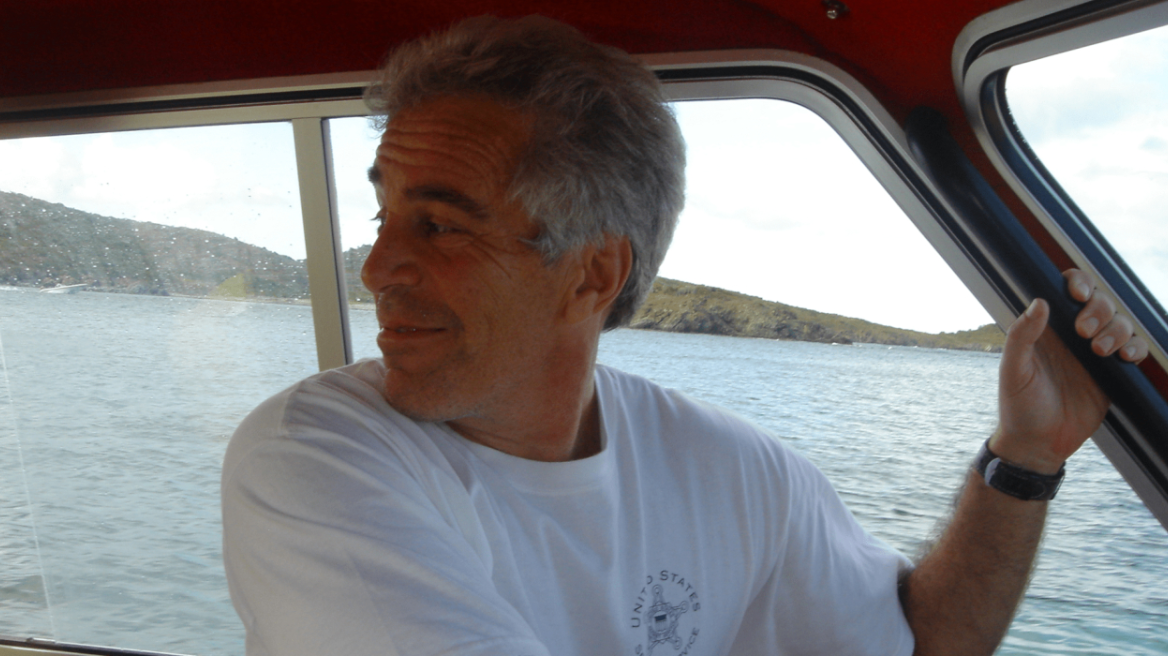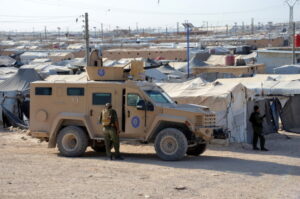The following article gives a very interesting insight of what is happening right now in Albania.
The only objection is that the article mistakenly reports that human rights in Albania are being respected, something not true since the minority rights, especially those of the Greek National Minority in southern Albania, are being continuously violated in an alarming rate.
Following our reporting last week on the case of alleged corruption with EU funds, we expanded our investigation, discovering very strange and interesting details regarding what is going on in Albania.
Albania has had a long and painful democratisation process since the communist regime collapsed around twenty-five years ago.
Despite the wounds inflicted on the country by the toughest totalitarian regime in Europe, Albania did manage relatively well in its efforts to become a modern democratic state.
The pluralistic political system works and democratically elected Parliament votes the laws. Civil and human rights are officially respected.
Just for that, it is a member of NATO, the only other country after Turkey with a Muslim majority. It is also a candidate for membership into the European Union.
But the good news ends here!
The ruling Socialist party of Edi Rama is accused of high corruption and of dealing with drug traffickers. The party is also accused of using undemocratic methods to remain in power. Recently the controversial reform of the judicial system was voted unanimously in the Parliament after tough resistance by the opposition parties concerned with the consequences for the field of justice.
According to two articles published in The Huffington Post and The Washington Times as well as several other sources, it appears there is a concerted effort in Albania by specific interests to support the current Prime Minister Edi Rama in the next general elections of June 2017.
It is not a secret that Rama’s government uses the valued advice of the Open Society Foundation. What is more is that it seems a questionable cooperation is established between the government and the US Ambassador in the country Donald Lu.
The government of Edi Rama is accused of dark relations with drug traffickers. The Albanian Justice services have opened an investigation, which the ruling party wants to stop.
Since there is a considerable number of judges attempting to resist and carry out their function, the Government’s efforts to block or deviate the investigation had failed so far.
At that point the US Ambassador entered the game!
With a sweeping movement he revoked the non-immigrant visa for approximately 70 judges and prosecutors, all of them supposedly close to the main opposition Democratic party.
The official explanation of the Embassy was that the officials are no longer qualified for an American visa. It is interesting, however, that none of the judges and prosecutors close to the Socialist party having a US visa have experienced the same issue.
The US Ambassador’s interference didn’t stop here. He openly accused the General Prosecutor Adriatik Llalla of obstructing judicial reform. According to a letter the General Prosecutor sent to the President of the Republic and the President of the Parliament, the American Ambassador threatened him with ‘personal and institutional consequences’. ‘
It is really strange that both EU and US ambassadors in Tirana, Romana Vlahutin and Donald Lu, are being silent when it comes to drug plantations, trafficking and corruption.
Are the alleged suspicions of Soros being the link between the government and these ambassadors true? It is not a secret that Romana Vlahutin’s husband is also in the board to Soros’ foundation in Bosnia while being also active in campaigning against Donald Trump; reportedly, Soros has also benefited from EU and governmental tenders in Albania.
Several foreign diplomats in Tirana, (speaking on the condition of anonymity to NE) express dissatisfaction with Romana Vlahutin siting lack of transparency in the management of EU funds allocated and spent in Albania.
The good news in this entire situation is that the Euralius (European Assistance Mission to the Albanian Justice System) chief of staff in Albania has been recently moved from his position and returned home after having made a “mistake” in the translation of the Vetting law.
If that “mistake” wouldn’t have been reported by the opposition, and its leader Lulzim Basha, the international community would have had endorsed the implementation of the reform of the judicial system in a way that would have granted Edi Rama absolute power.
Yet, there is still hope.
Ask me anything
Explore related questions





